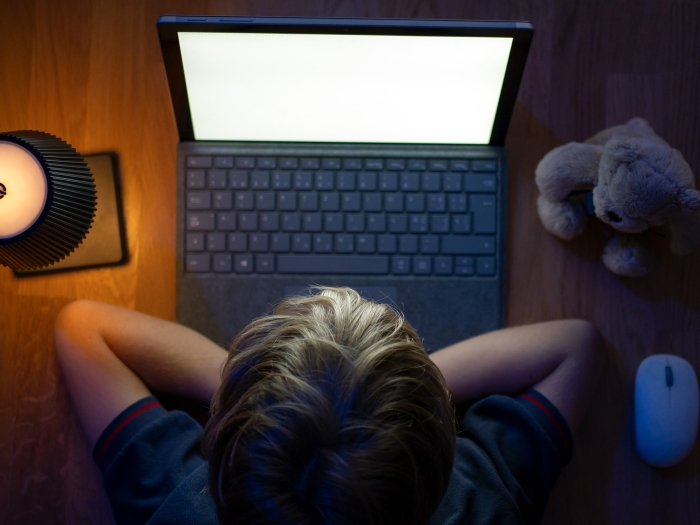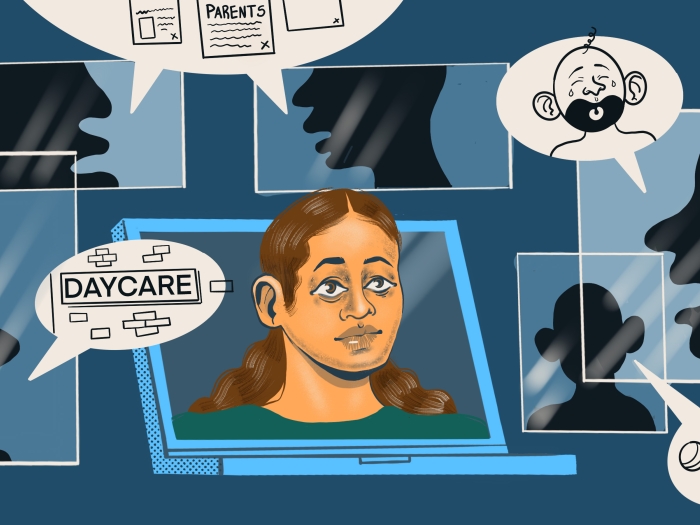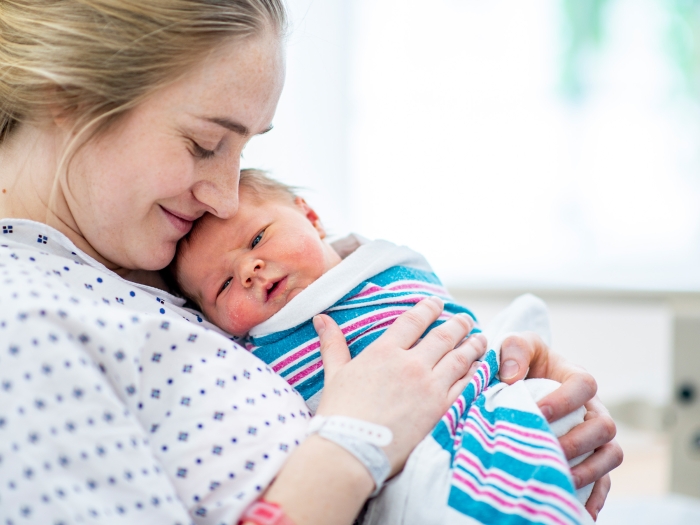A few more hours of shut-eye can make a big difference for kids, especially during back-to-school season.
1:00 PM
Author |

Poor sleeping habits can have far worse effects on children and adolescents than just irritability or a rash of midmorning yawns.
"If kids aren't getting enough sleep, they won't be able to stay alert and adequately learn throughout the school day," says Lauren Reed, M.D., a pediatrician at C.S. Mott Children's Hospital. "And lack of sleep can contribute to headaches, irritability, poor judgment and unsafe driving in teenagers."
Over a long period, the effects can be even more serious. Chronically inadequate sleep is associated with cardiovascular morbidity, impaired immune defense, obesity and type 2 diabetes. Proper sleep can lessen the risk of depression — as well as boost attention span and physical health.
But even mindful parents might be surprised by the amount of sleep their kids need to function at their best.
To help, the American Academy of Sleep Medicine recently released its first sleep guidelines for babies, children and teens.
SEE ALSO: 5 Ways to Prepare Your Child for Kindergarten
Among the recommendations: Children ages 6 to 12 years should get nine to 12 hours of sleep daily; teens ages 13 to 18 ought to aim for eight to 10 hours.
With the start of a new school year underscoring the need to ensure young people are getting enough rest, Reed offered some tips for families:
Bump up bedtime: The two to three weeks before the first day of school are key for setting a tone. To ease into things, Reed says, wake up your kids earlier in 15-minute increments each day during that stretch — and get them settled 15 minutes earlier at night in the same fashion.
SEE ALSO: Should Schools Start Later to Address Teen Sleep Deprivation?
Be consistent: Set and maintain a schedule that helps reinforce the notion of turning in: bath time, brushing teeth, putting on pajamas and perhaps reading a book together. "Routine is very important," Reed says, noting that the rundown shouldn't change on weekends.
Store gadgets elsewhere: Sure, it might be a struggle to wrench away smartphones and tablets, but the devices can delay sleep and exacerbate insomnia. "It's easy to check social media or start texting — and then you're awake even longer," Reed says. Their artificial light, meanwhile, can disrupt the sleep-wake cycle.
Cut the caffeine: Soda and other sugary caffeinated beverages aren't a good choice at any time, but they're especially potent when a child is trying to wind down. If you do allow them, don't serve any four to six hours before bedtime, Reed says. Provide water or milk instead.
Create a refuge: A child's bedroom should be conducive to slumber. Consider blackout curtains or blinds and make sure the space isn't overly hot or cold. Although the bed itself is a tempting place to do homework or watch television, it should be used only for sleeping.

Explore a variety of health care news & stories by visiting the Health Lab home page for more articles.

Department of Communication at Michigan Medicine
Want top health & research news weekly? Sign up for Health Lab’s newsletters today!





